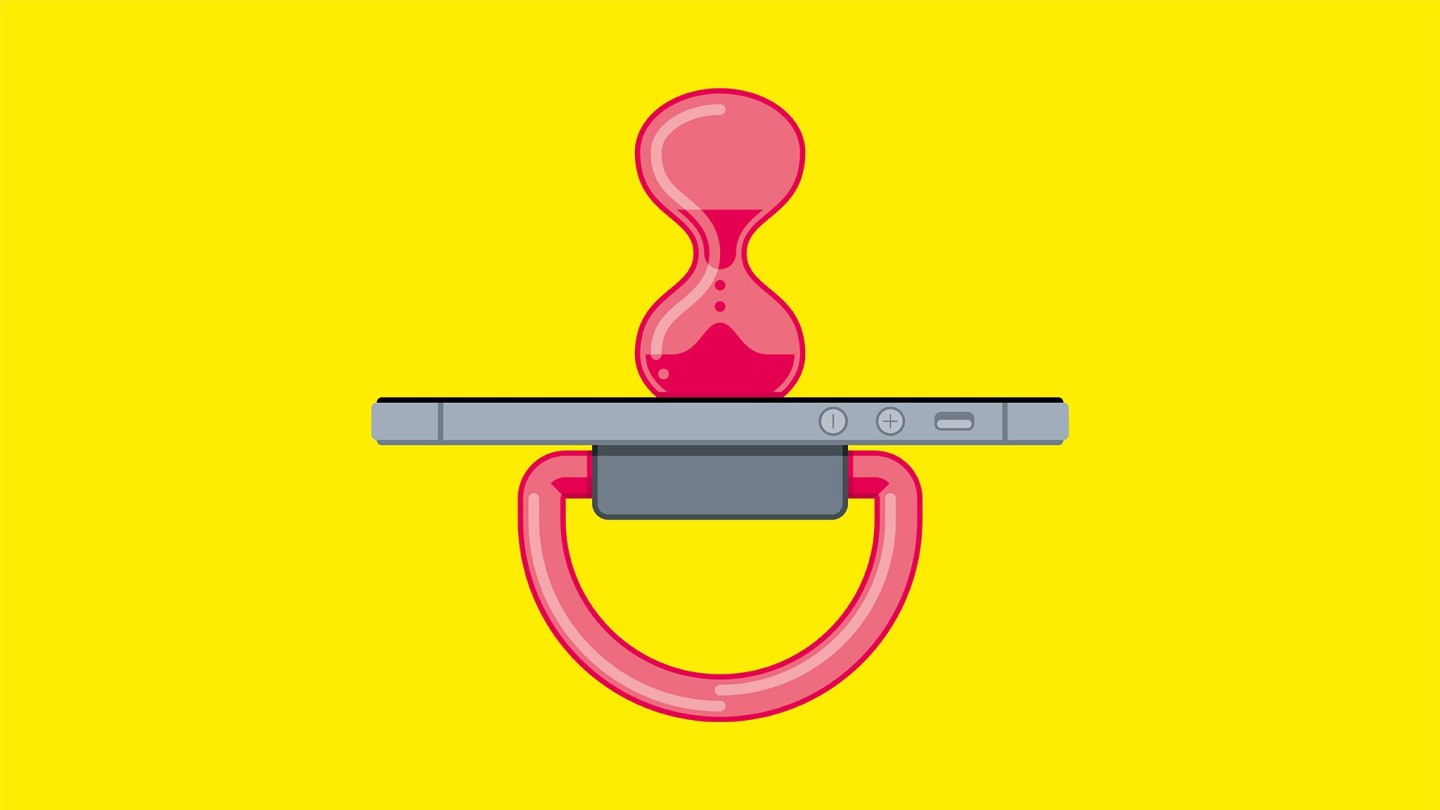Silicon Valley’s guilt over screen time

Simply sign up to the Technology sector myFT Digest -- delivered directly to your inbox.
If you want to wind up tech workers in San Francisco, try asking them about their policy on screen time. Even at the heart of an industry devoted to wheedling us all into spending more time online, screen addiction is treated as a real affliction. Only here, there is an added twinge of guilt.
Friends whose jobs are in tech and who have toddlers still get worked up talking about a story published in The New York Times in 2018 that quoted venture capitalists and high-ranking tech employees being hypervigilant about keeping their young children away from smartphones while working at companies that hook users to theirs.
Some friends rail at the hypocrisy of those interviewed — among them a former executive assistant at Facebook. Others get defensive as they acknowledge that they too have a strict time limit on screens of any kind — despite the nature of their own employment.
Having seen the weird intensity that shouty YouTube videos and brightly coloured mobile games induce in some children, I can understand why the subject is fraught. But I grew up in a house where the TV was always on — a fifth member of the family burbling in the corner — so I’m usually nonchalant about the amount of time I spend looking at my phone.
When friends compare tricks for avoiding theirs (lock it in a cupboard after 8pm, set the display to greyscale, delete social media apps), I stay out of the conversation. Even so, I took note when the unwelcome weekly iPhone stats showed that I was spending lockdown looking at my phone for more than five hours every day.
Remote work, school and socialising have forced many of us to stare at our screens more than ever — whether we like it or not. Evan Spiegel, co-founder of addictive social messaging platform Snapchat, made headlines two years ago when he told the FT that his young stepson was only allowed an hour and a half of screen time each week. At the recent FT Weekend Festival, he was asked how this policy had fared during the pandemic. Not well, as it turned out.
“He’s with us all day long, so we have less of that frustration of, ‘Hey, let’s hang out as a family — maybe it’d be better for you to read a book,’” Spiegel said. “We understand that for him to maintain that connectivity with his friends, he really has to use his phone.” The pandemic has changed the role of technology in his household, Spiegel admitted, though he still held out hope for a slightly better balance, with a little more reading and a little less phone.
Like many parents, technologists tend to develop particularly strong feelings about the role of tech in children’s lives once they have their own. Unlike a lot of parents, they have the funds to put those feelings into practice and the confidence to believe they can do better than the status quo.
WeWork founder Adam Neumann and his wife Rebekah did more than set screen-time boundaries for their children — they founded an entire Manhattan elementary school called WeGrow. Neither had a background in education but that did not stop them creating a curriculum that championed yoga, farm trips and entrepreneurialism. Rebekah was quoted as saying: “There’s no reason why children in elementary schools can’t be launching their own businesses.” After WeWork’s planned market listing dissolved into chaos, the school closed.
A more modest proposal to deal with the screen-heavy experiment in remote work and education we are all still adjusting to is to accept that this digital life is not always engaging. Multiple Zoom calls are in no way addictive. Neither are online tests. Boring content could end up being a natural curb on screen time.
There is also some good news for those worried for their children. A study on children aged six to 17 published in the Journal of the American Academy of Child and Adolescent Psychiatry found there was no noticeable detriment to a child’s psychosocial functioning unless they were using electronic devices for more than five hours per day.
This sounds like bad news for me — even if I’m not a child aged six to 17. But I’ve accepted constant screens as the price to pay for seeing interesting content. The only thing I plan on turning off is my screen-time notifications.
Elaine Moore is the FT’s deputy Lex editor
Follow @FTMag on Twitter to find out about our latest stories first. Listen to our podcast, Culture Call, where FT editors and special guests discuss life and art in the time of coronavirus. Subscribe on Apple, Spotify, or wherever you listen.
Comments